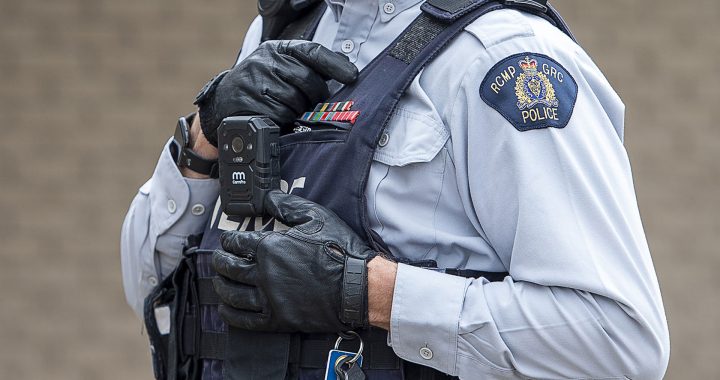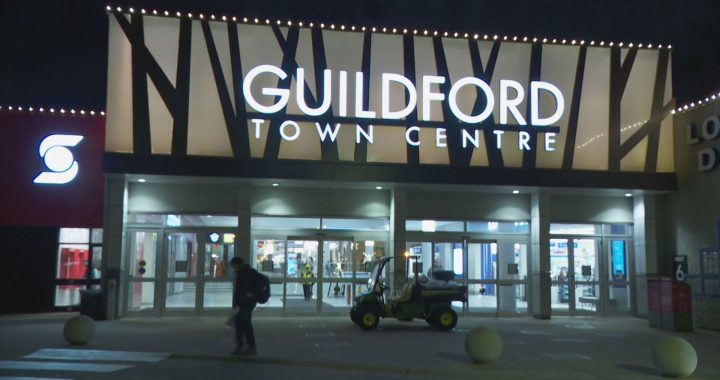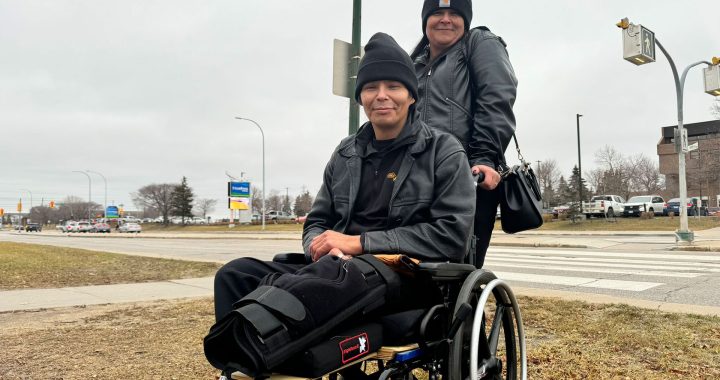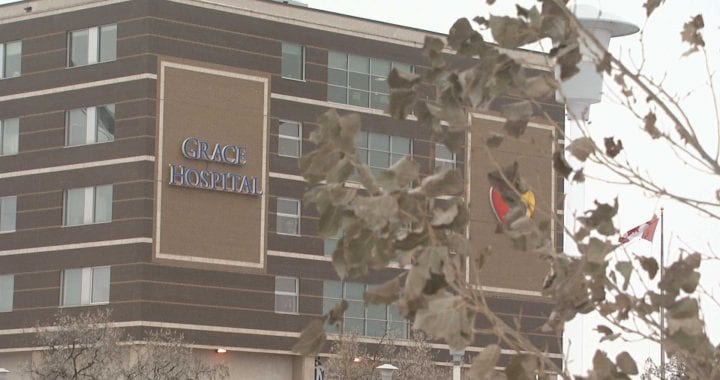A video showing the last moments of an Atikamekw mother from the community of Manawan has shocked the province of Quebec.
Joyce Echaquan, a mother of seven in her mid-thirties, posted a video Monday evening just before her death.
In it, she captures racist and dismissive behaviour by the nurses charged with her care – something Quebec’s minister of Indigenous Affairs is promising will be investigated.
Echaquan started a Facebook live video from inside of her room at a hospital in Joliette, about 75 km northeast of Montreal.
After crying out in distress, she expresses in Atikamekw that she’s concerned about being given medication she is allergic to.
The video continues as nurses enter the room somewhere out of frame, and begin speaking to Echaquan in a way that’s prompted outrage across the province.
“Are you finished fooling around? Well you’re f*cking stupid,” says one nurse.
“F*cking stupid idiot,” says another.
“What do you think if your children saw you like that? Think of others a little bit?”
Someone else then adds that “they’re way better for f*cking than anything else.”
The video ends when a nurse looks down at the cell phone, and stops the feed.
Not long afterwards, Echaquan was pronounced dead. APTN News was unable to confirm precise details about her death.
Condemnation of the nurses’ behaviour was swift.
“We want to know what happened,” Sylvie D’Amours, Quebec’s minister of Indigenous Affairs, said in a statement posted to Facebook. “An investigation is currently underway in hopes of shedding some light on this drama.”
“No matter the results of this inquiry, the statements heard are unacceptable and intolerable.”
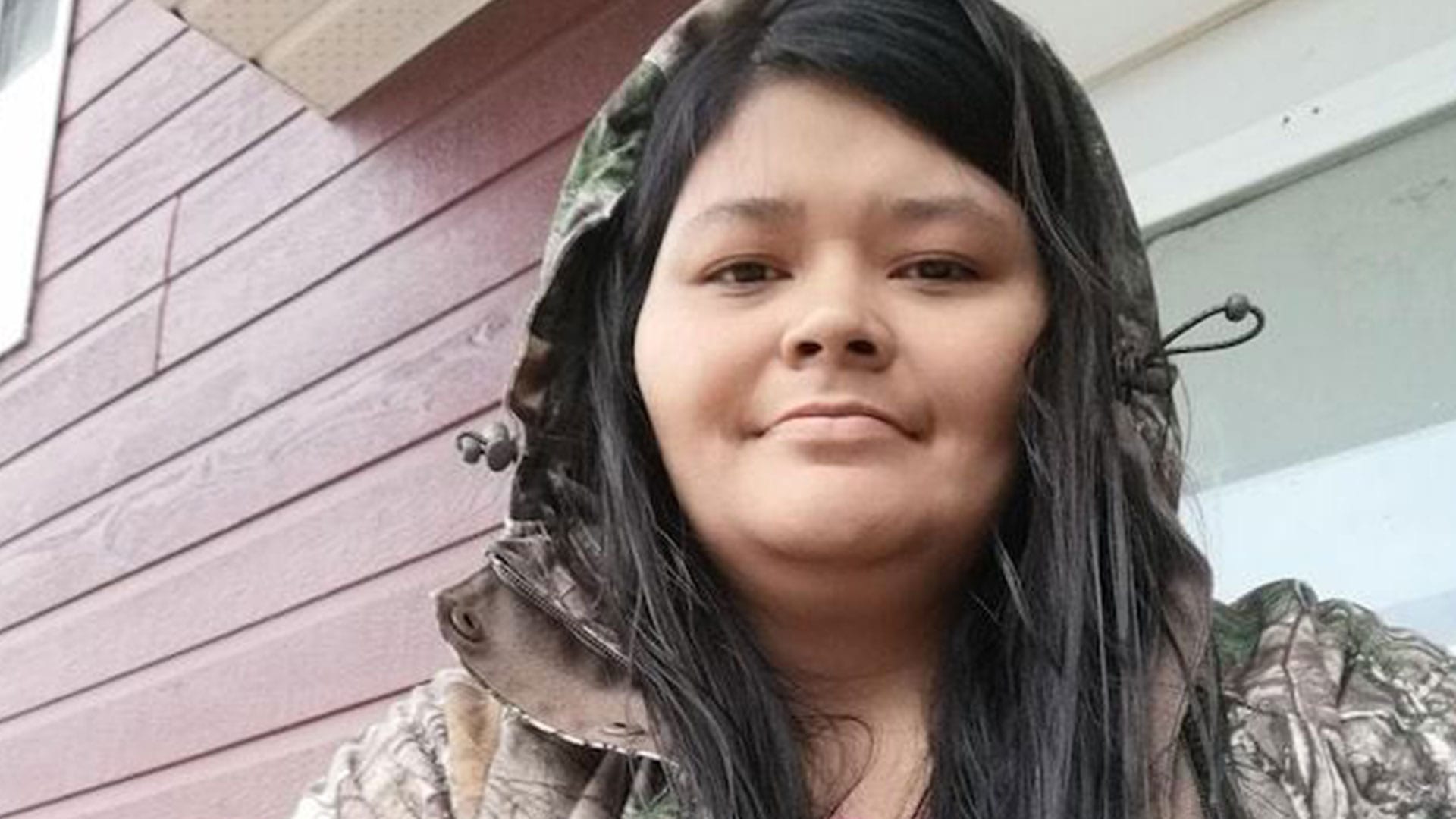
During Tuesday’s COVID-19 briefing, Premier Francois Legault confirmed the nurse in question was fired after the video was made public.
In addition to a coroner’s inquiry, Legault says there will also be an internal investigation conducted.
He did not, however, respond to a question about whether he believes this incident is evidence of the province’s issue with systemic discrimination.
“I think there’s racism in Quebec and we have to fight that racism. That nurse, what she said, was totally unacceptable, and she was fired,” Legault said.
“[But] not to think that all nurses, or the entire health care system would’ve had that reaction – anyone would tell you no,” he added.
In the video, more than one nurse appears to be speaking to Echaquan, but it’s unclear what happened to them.
Legault said that his recently-appointed “anti-racism task force” – one without any Indigenous oversight or representation – is working to become the first-ever government to make “concrete gestures” to combat issues of discrimination.
Quebec’s plan is only expected to be made public in fall 2021.
But organizations across the province are calling on Legault to act immediately to start correcting the issues at hand.
The Assembly of First Nations Quebec-Labrador (AFNQL), which tabled its own strategic plan to combat racism on Tuesday, says Echaquan’s death “illustrates [a] sad reality that a large majority of Quebecers recognize.
“I am well aware that most of the time, the racism we experience is unintentional and is often the result of unconscious biases,” said AFNQL Regional Chief Ghislain Picard.
“It is also very often the result of government policies that lead to systemic discrimination.”
Chief and Council in Manawan are livid.
“How many victims do there have to be before Francois Legault’s government reacts and recognizes that systemic racism exists in Quebec?” reads a statement from the Atikamekw Council of Manawan.
“He must intervene in public services which still discriminate against Indigenous peoples in Quebec,” Viviane Michel, president of Quebec Native Women, added in a statement.
“So much so, another vulnerable woman obviously lived the last hours of her life being confronted with it.”
Marjolaine Sioui, executive director of the commission in charge of improving health services for First Nations, said “it is all the more disturbing to see that this form of violence is perpetrated by health professionals who we should be able to trust.”
The incident comes on the eve of the one-year anniversary of the Viens Commission – a provincial inquiry found people in Quebec are subjected to significant amounts of racism in the health care system.
In its 488-page final report, Judge Jacques Viens acknowledged the need for an “overhaul of the services used by all First Nations members and Inuit outside of their communities.”
“In light of the testimony from many citizen witnesses, it is clear that prejudice toward Indigenous peoples remains widespread in the interaction between caregivers and patients,” Viens wrote in 2019.
“From my perspective, although it is impossible to generalize, many voices were heard to state that First Nations members and Inuit feel unsafe when they have to entrust their health to public services.”
After making a public apology at Quebec’s National Assembly following the release of the Viens Commission report – addressing its first call to action – Legault and Indigenous stakeholders in Quebec have stalled in their progress on the report’s 141 other recommendations.
Meanwhile, First Nations communities across the province are planning to hold vigils for Echaquan.
One is expected to take place outside the Joliette hospital Tuesday night with another taking place in Montreal on Saturday.
A support fund has also been established for Echaquan’s children.
With files from Sylvie Ambroise




